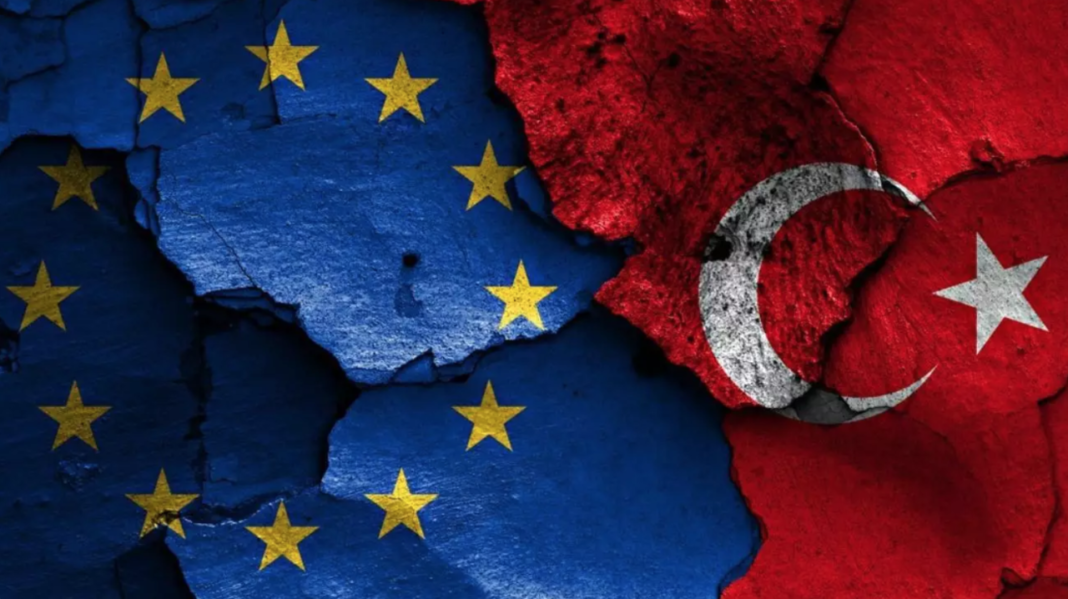The recent decisions of the Committee of Ministers of the Council of Europe concerning Osman Kavala and Selahattin Demirtaş demonstrate that the committee no longer buys the tactics and manipulations Turkey uses to persecute political dissidents, the former justice councillor of Turkey’s EU delegation in Brussels, Yavuz Aydın, told journalist Yavuz Baydar in Ahval’s Hot Pursuit on Saturday.
The Committee of Ministers of the Council of Europe has called on Turkey to release Demirtaş and Kavala.
The Committee has extended time given to the Turkish government in the case of the imprisoned former leader of the pro-Kurdish Peoples’ Democratic Party (HDP) Selahattin Demirtaş to September 30. It has also decided to wait until Osman Kavala’s release before imposing sanctions on Turkey.
Aydın, a judge, said that these two decisions are very important.
For the first time, he said, the Committee blamed Turkish authorities for allowing political motives to determine the outcome of the Kavala and Demirtaş cases.
“It has underlined that fact that the judiciary in Turkey is not independent.”
According to the former judge, the Committee of Ministers has shown that the tactics and manipulations used by the Turkish government do not work.
One of these tactics was that the government pretended to follow the rulings of the human rights court and released Kavala. However, he was rearrested on the very same day on another charge.
Turkish prosecutors and judges appeared to be under the political influence of the government when they released and then promptly rearrested him, Aydın said.
The same is true in the Demirtaş case, he added. The Turkish government claims that “there was another finalized decision on him, so he should remain in prison. There is nothing else we can do because the judiciary in Turkey is independent.”
However, Aydın emphasized that the Committee of Ministers said that the decision of the Turkish court of cassation about the finalized case should be reversed.
“These manipulated tactics are not bought by the Committee of Ministers,” he said.
Baydar recalled that Demirtaş’ defence lawyers had sent a letter to the European Court of Human Rights (ECHR) in which they said his detention was the result of a personal and institutional vendetta aimed at preventing him from reengaging in politics since he is deemed a formidable adversary by Turkey’s president.
Aydın said that if Turkey does not release Kavala by early December, the Committee of Ministers might launch an infringement process.
The Committee may ask for the voting right of Turkey in the parliamentary assembly of the Council of Europe to be suspended, he noted.
He revealed that another option the Committee is mulling is to suspend Turkey’s membership in the Council of Europe. The most extreme option it is contemplating is to revoke Turkey’s membership altogether.
Selahattin Demirtaş has been behind bars in the Edirne Type F Prison since November 4, 2016, and the rights defender and businessperson Osman Kavala has been behind bars in Silivri Prison in Istanbul since November 1, 2017.

